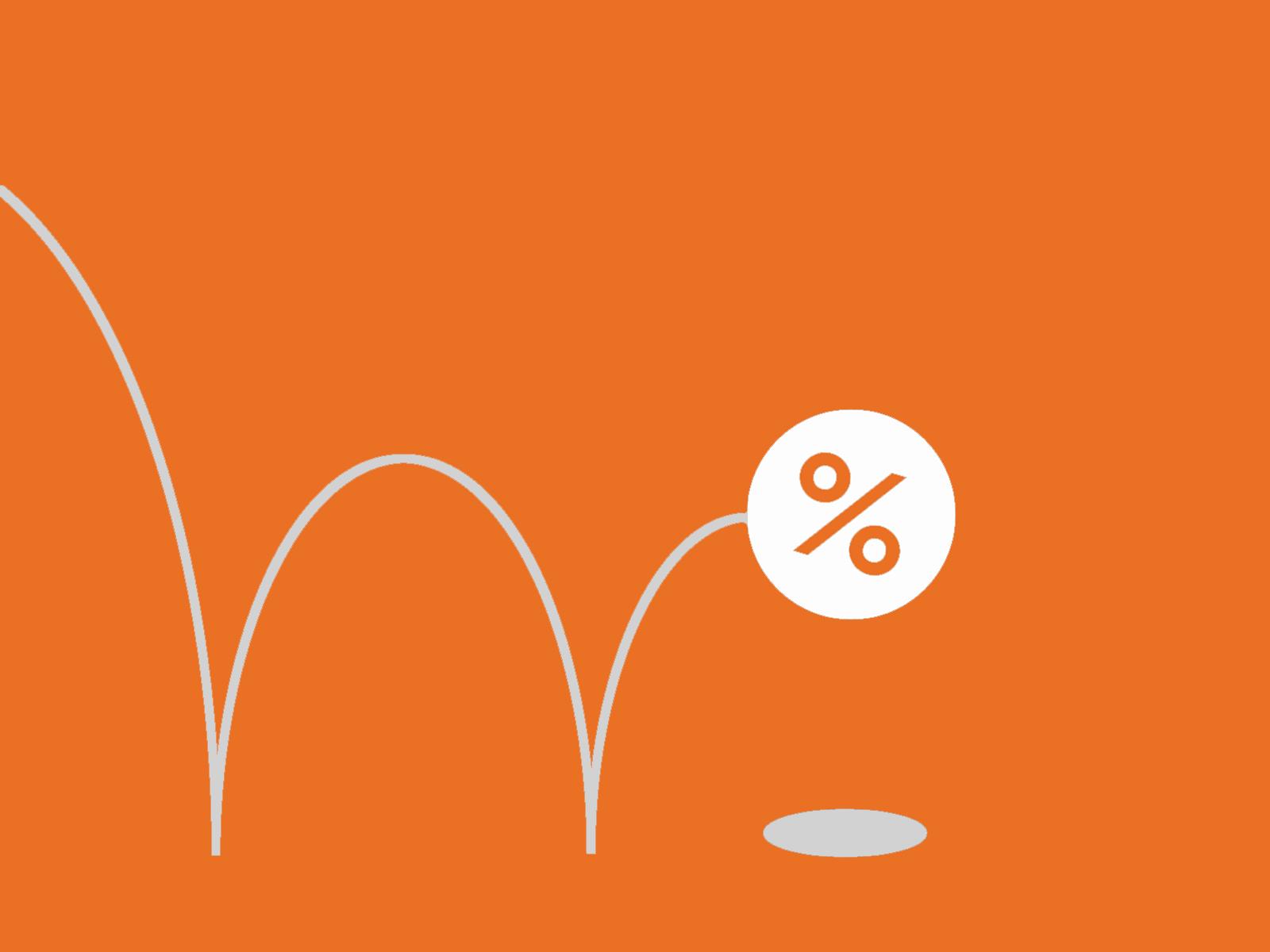Chequing
Mortgage
We’re all about keeping things simple, including Mortgages. So don’t stress over the numbers and calculations – we’ll walk you through it all.
Whether you’re buying a new home or refinancing, we’re here to work with you and can get you to Mortgage freedom faster.
5 Year
Term
[[MRTG.RATE.5_YEAR]]†
Fixed interest rate
[[MRTG.RATE.5_YEAR.APR]]
APR
Great rate
Get a great rate up front guaranteed for 120 days.
Portable
If you happen to move, you can take your Mortgage with you penalty-free at your current rate, term and Loan amount.
Dedicated Account Manager
Once you’ve applied, you get a dedicated Mortgage Account Manager to help you every step of the way.

Flexible lump sum prepayments
Each year you can make lump sum prepayments up to 25% of your original Mortgage amount. Increase your regular Mortgage payments by up to 25% of your original Mortgage payment. You can do this on any payment date.
Current interest rates†
Annual interest calculated semi-annually not in advance.
| 5 Year Variable Mortgage | [[MRTG.RATE.5_YEAR_VAR]] |
| 1 Year Fixed Mortgage | [[MRTG.RATE.1_YEAR]] |
| 2 Year Fixed Mortgage | [[MRTG.RATE.2_YEAR]] |
| 3 Year Fixed Mortgage | [[MRTG.RATE.3_YEAR]] |
| 4 Year Fixed Mortgage | [[MRTG.RATE.4_YEAR]] |
| 5 Year Fixed Mortgage | [[MRTG.RATE.5_YEAR]] |
| 7 Year Fixed Mortgage | [[MRTG.RATE.7_YEAR]] |
| 10 Year Fixed Mortgage | [[MRTG.RATE.10_YEAR]] |
Secure a rate, hassle free
A Mortgage Rate Hold is a great way to secure your rate for 120 days. If you are new to Tangerine, all you have to do is sign up as a Client and set up a PIN – there’s no need to complete a full application. If you’re an existing Client, proceed to Secure Your Rate.

Mortgage Account Life Insurance
Tangerine Mortgage Account Life Insurance is optional. Read the Mortgage Distribution Guide and go to the Mortgage Account Life Insurance Application to apply.

Check out these helpful articles
Join with our app
Become a Client completely digitally with our Mobile Banking app3. Sign up without leaving your home or having to call us—it’s a fast, convenient and secure mobile experience.
Don’t have our Mobile Banking app3 yet? Download it today, so you can bank easily from anywhere.

Take a look at our other products
Your money should work as hard as you do
Experience no-fee daily Chequing with Visa* Debit and earn interest on every dollar in your Account.
Tap into the equity you’ve built in your home
Borrow at a low interest rate with a Tangerine Home Equity Line of Credit using the equity you’ve built in your home.




